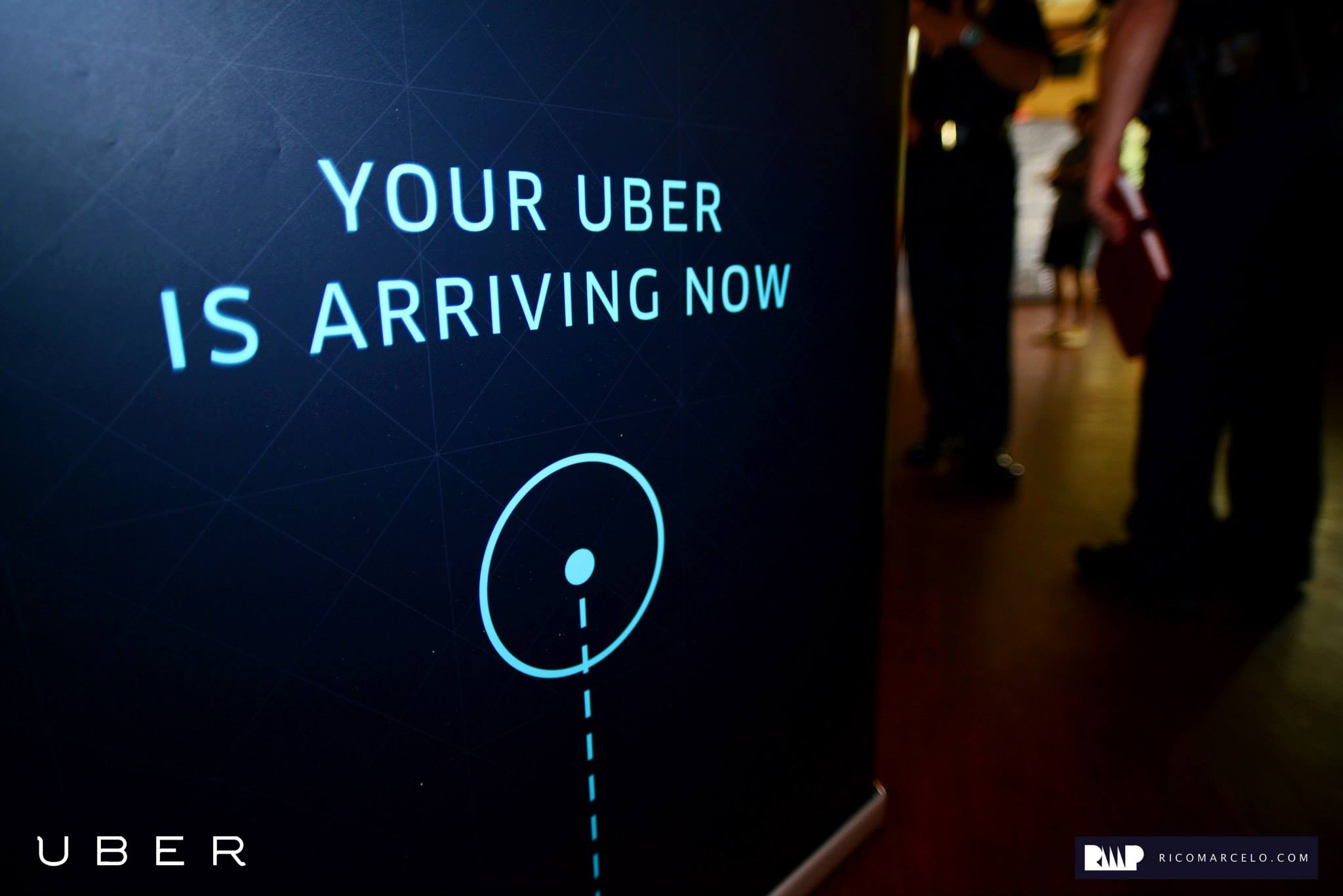Skift Take
We're still a long way from political leaders really understanding what's happening at brands like Uber and Airbnb.
The U.S. House Subcommittee on Commerce, Manufacturing, and Trade held a hearing Tuesday to look at the influence the sharing economy and its emerging technologies have on consumers, job creation, and policy.
“The sharing economy has captured the entrepreneurial spirit of many Americans already. Those who engage in freelance jobs are expected to skyrocket to 40 percent of the workforce in the next five years – about 7.8 million of which will be participating in the sharing economy,” Michael C. Burgess, M.D., the Commerce, Manufacturing, and Trade Subcommittee chairman said in his opening statement.
The hearing both praised and scrutinized companies like Uber and Airbnb, bringing in six witnesses who spoke to the advantages of such companies as well as their disadvantages while addressing the issue of how much control the government should yield.
“Eventually we must confront the question of whether and how Congress responds to these types of firms. Many suggest no action is warranted either by Congress or local regulators, and others are seeking direct and immediate intervention from Congress,” said Energy and Commerce Committee Chairman Fred Upton.
The Experts
The six witnesses included Alex Chriss, vice president and general manager, Intuit, Inc; Luceele Smith, driver-partner, Uber Technologies, Inc.; Jon Lieber, chief economist, Thumbtack; Michael Beckerman, president and chief executive officer The Internet Association; and Dean Baker co-director, Center for Economic and Policy Research.
Among the witnesses applauding the benefits of the sharing economy was Luceele Smith, who has been driving with Uber since June 2014 and said the company has afforded her great opportunities and financial gains.
“What I like the most about Uber is the flexibility, it allows drivers to make money on their own time. I don’t have a boss to report to. I don’t have to be “on call.” I work when I want, for as long or as little as I want,” Smith said. “Sometimes drivers ask me, ‘How much do you make?’ I tell them, ‘You can make as much as you want.'”
Yet other witnesses like Dean Baker, co-director, Center for Economic and Policy Research (CEPR), said that highlighted the risks born out of the continued growth of the sharing economy, specifically naming labor regulations, consumer regulations, property rights, anti-discrimination laws, and issues of tax collection as major issues.
“The country has built up an extensive regulatory structure over many decades to protect workers, consumers, and property owners,” Baker said. “The sharing economy will require the modernization of this regulatory structure. In some cases, regulations have outlived their usefulness and should be eliminated. However, many of these regulations serve important public purposes. If the sharing economy is used as a way to circumvent them, then it will impose substantial costs on society.”
Following testimony, committee member were each given the chance to to take five minutes and question the witnesses on the effects of the sharing economy. Some of the topics raised include insurance companies incentive to participate in the sharing economy; the idea of the on-demand economy; the difference between independent contractors and those engaging in the sharing economy; and the sharing economy serving as a fifth pathway back to employment following the economic recession.
To watch the hearing or read the opening statements and the witness testimony, click here.
The Daily Newsletter
Our daily coverage of the global travel industry. Written by editors and analysts from across Skift’s brands.
Have a confidential tip for Skift? Get in touch
Tags: economy, sharing economy
Photo credit: Is the sharing economy in need of better government regulation? Rico Marcelo Photography / Uber
